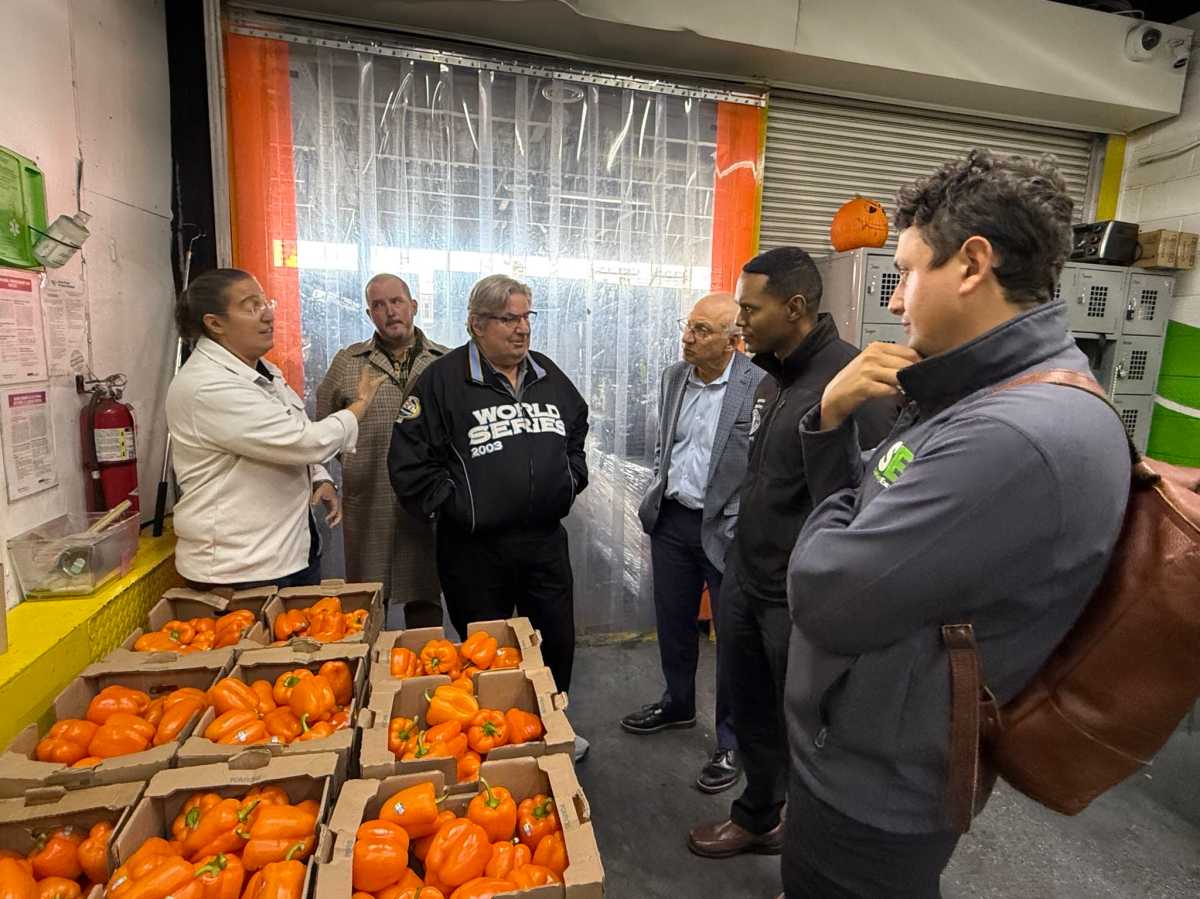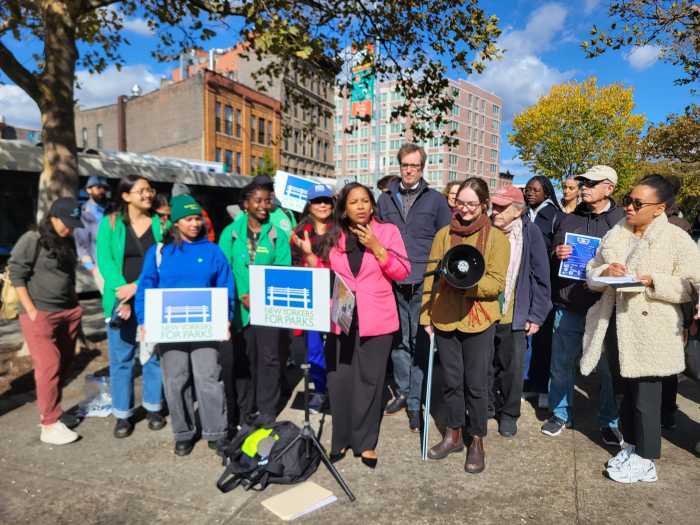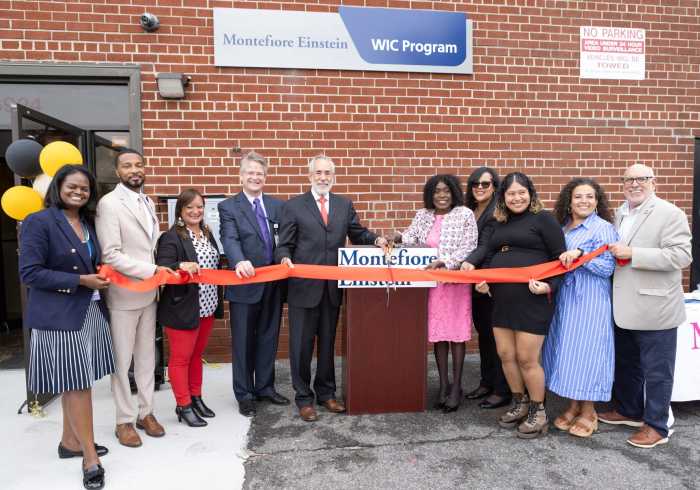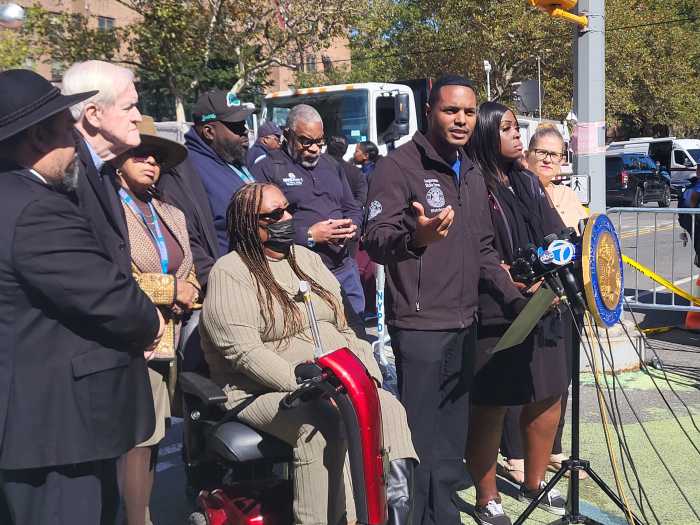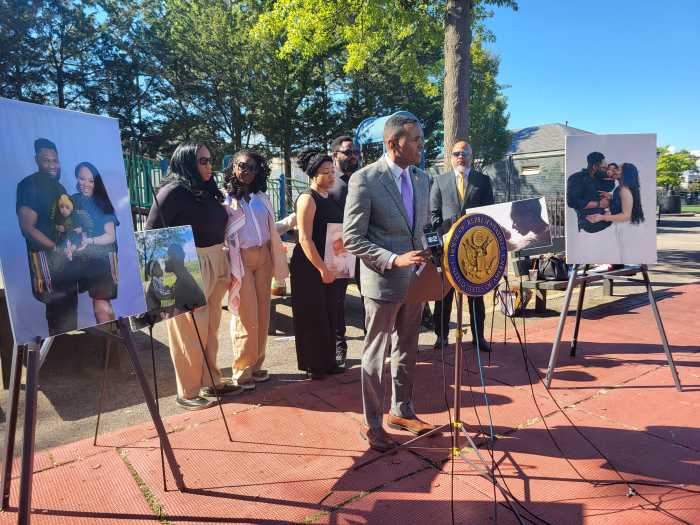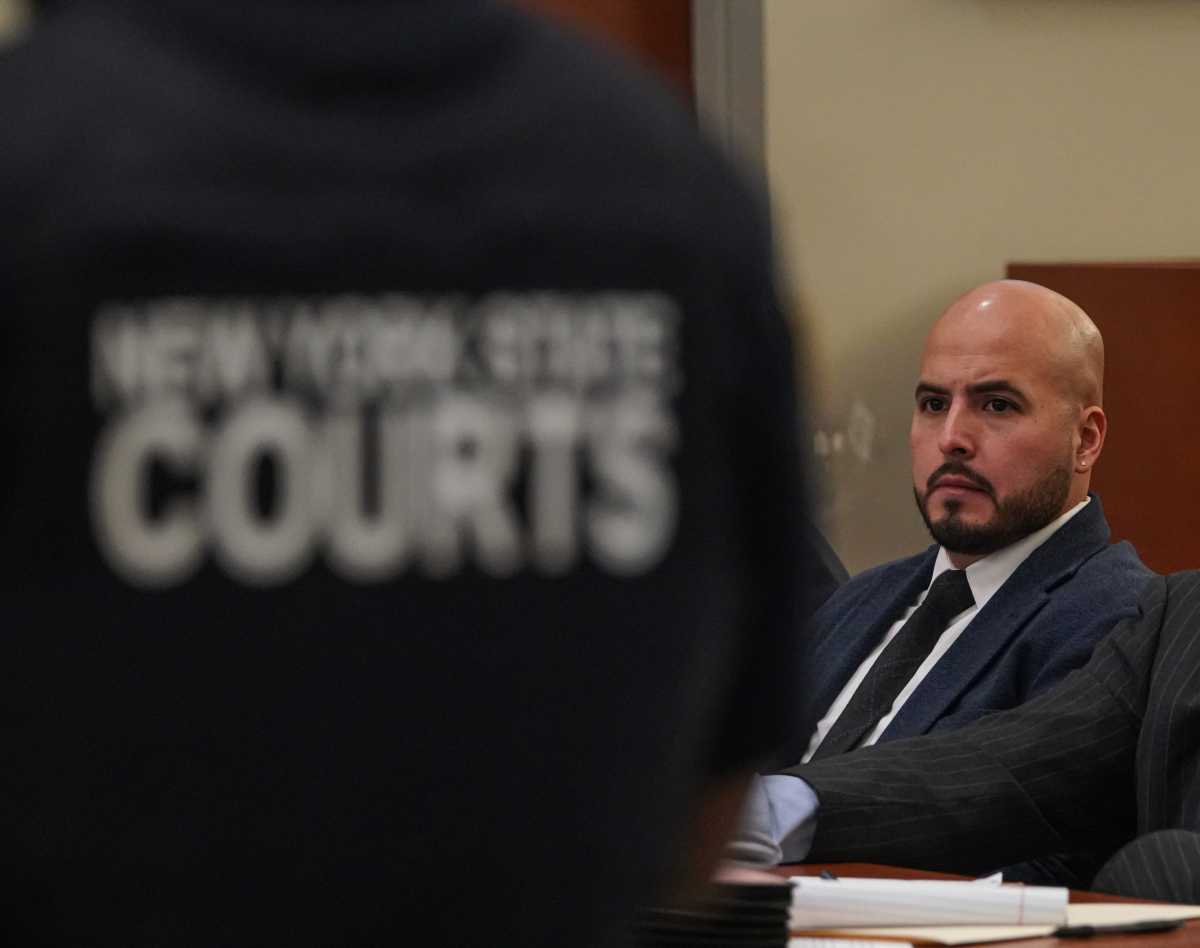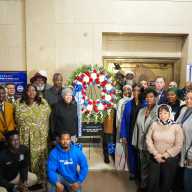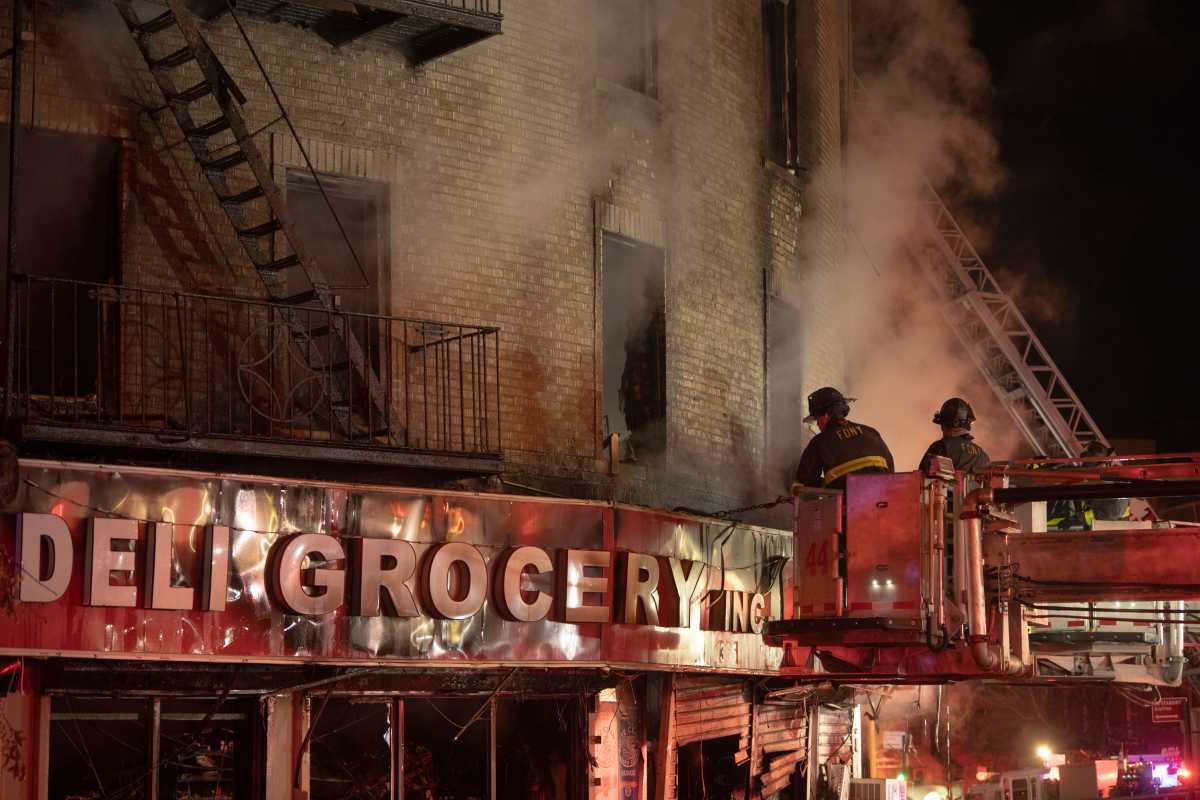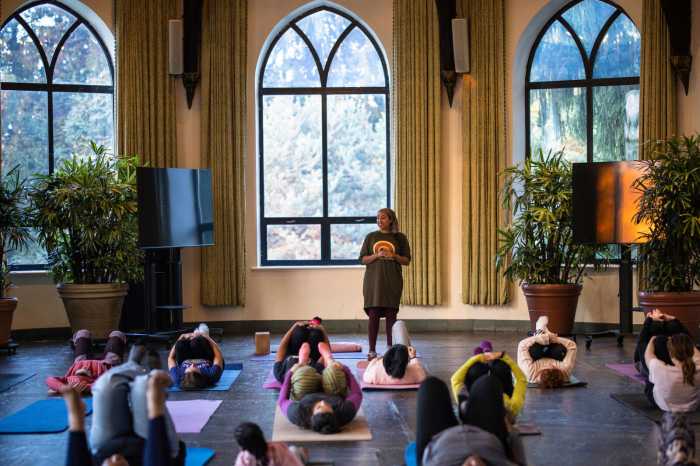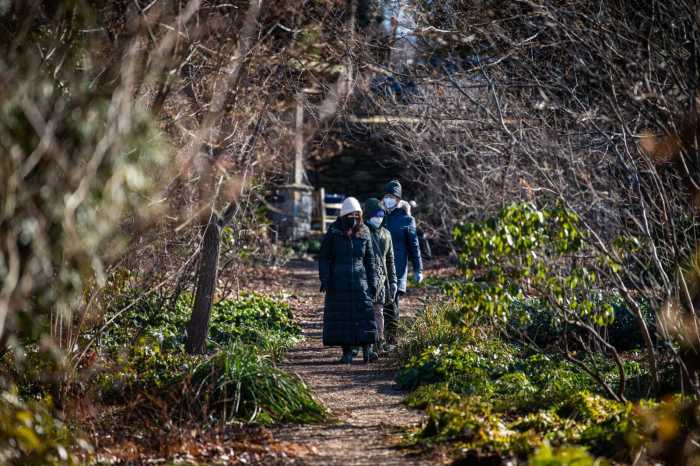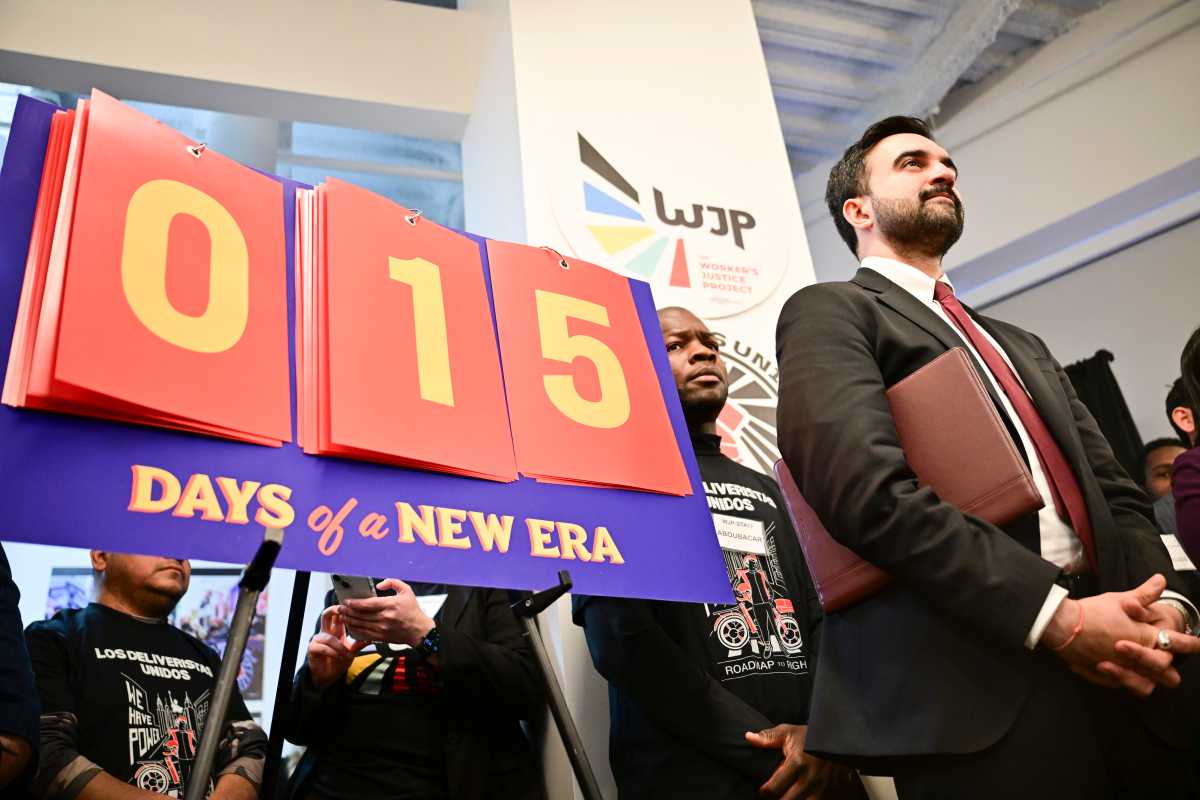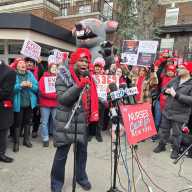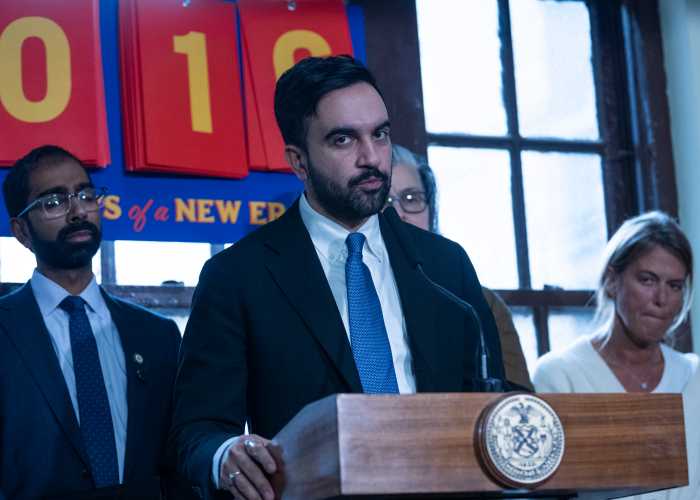Today, Rep. Ritchie Torres is introducing a “bold” plan to nationalize a food rescue system, which would redistribute excess food to hungry communities rather than to landfills.
Torres’ “Food Rescue Act,” an amendment to the Emergency Food Assistance Act of 1983, aims to establish a national rescue system through partnerships with organizations already doing the work, such as Sharing Excess, which operates nationwide and has a facility within the Hunts Point Produce Market.
These organizations collect overstocked and imperfect-looking items from food businesses and other sources and transport them for distribution to people in need.
“If we saved even a small fraction of the overall food we waste, we’d solve the hunger and food crisis in America,” Torres said.
A staggering proportion of the United States’ food supply is wasted — nearly 40% according to Sharing Excess. Approximately two-thirds of the wasted food supply is still edible, and yet, the equivalent of $215 billion is tossed in the trash each year, the organization says.
At the same time, tens of millions of Americans don’t reliably have enough to eat, and Bronx households bear the brunt of it. A 2024 state report found that 40% of adults in the borough — the highest rate among counties in New York City — are “always, sometimes, or usually worried” about being able to afford nutritious food.
“The problem is not one of economics, it’s a problem of logistics,” said Torres. “The food is there. It’s simply going to the wrong place.”
Under his bill, food rescue organizations would apply for grants, overseen by the U.S. Secretary of Agriculture, allowing them to scale up operations and partner with food banks, logistics companies and others as needed.
Torres did not specify a dollar amount but said a national food rescue system, while a major investment, would be well worth the expense. The work would create “a whole new sector of the economy” with more jobs along every step of the logistics chain, he said.
In an era of political divisiveness, Torres said he is “cautiously optimistic” that the Food Rescue Act will receive bipartisan support. He said solving hunger is possible with enough political will and that hunger affects all communities, whether urban or rural, Republican or Democrat.
“Food waste carries a much higher cost than food rescue,” Torres said.
Reach Emily Swanson at eswanson@schnepsmedia.com or (646) 717-0015. For more coverage, subscribe to our newsletter and follow us on Twitter, Facebook and Instagram!

